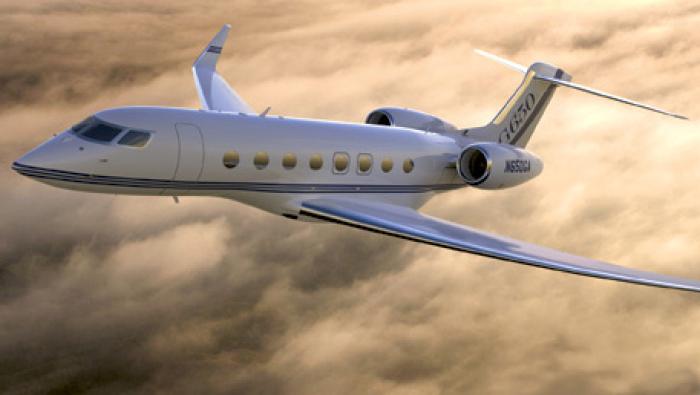The recent comprehensive preliminary design review for the KC-46 tanker uncovered no significant issues beyond what was known from the three reviews already conducted since the engineering manufacturing and development (EMD) contract was signed in February 2011, according to Chuck Johnson, Boeing vice president for mobility. “We are a low-risk program being managed as moderate risk,” he told journalists in Washington last month.
Johnson described the “lean production line” that Boeing has established at Everett to build the KC-46s in line with commercial 767s. Previous Boeing KC-767s were flown green from Everett to Wichita, where all of the work required to convert them into tanker-transports was done. KC-46s will emerge from Everett in a configuration designated the 767-2C Provisioned Freighter, with main-deck cargo doors and floors, body tanks and other tanker provisions, including the enhanced flight deck. They will be flown the short distance to Boeing Field, Seattle, for the addition of the refueling systems and military avionics. The 767-2C is based on the commercial 767-200ER and will have an amended type certificate.
Johnson said that the December 2011 FedEx order for twenty-seven 767-300Fs was “a real plus, providing a production bridge to the KC-46.” FedEx ordered another nineteen 767-300Fs last week.
The Boeing executive gave new details on the “cockpit-like” aerial refueling operator station (AROS) behind the flight deck, where the boom and drogue operators will don 3-D glasses to view high-resolution stereoscopic and panoramic imagery from cameras installed in the lower rear fuselage. The contract calls for 1,200 gallons per minute (gpm) to flow through the fly-by-wire boom, “a challenging requirement,” acknowledged Johnson. The wing pods and centerline drogue must pass 400 gpm.
Johnson said “We’re on cost and schedule to deliver the 18 EMD airplanes in 2016-17.” The target price for the KC-46 EMD contract is $4.4 billion. Should there be a cost overrun, Boeing will pay 40 percent of the next $0.5 billion, and 100 percent of any sum above the $4.9 billion contract ceiling price that has been agreed.







